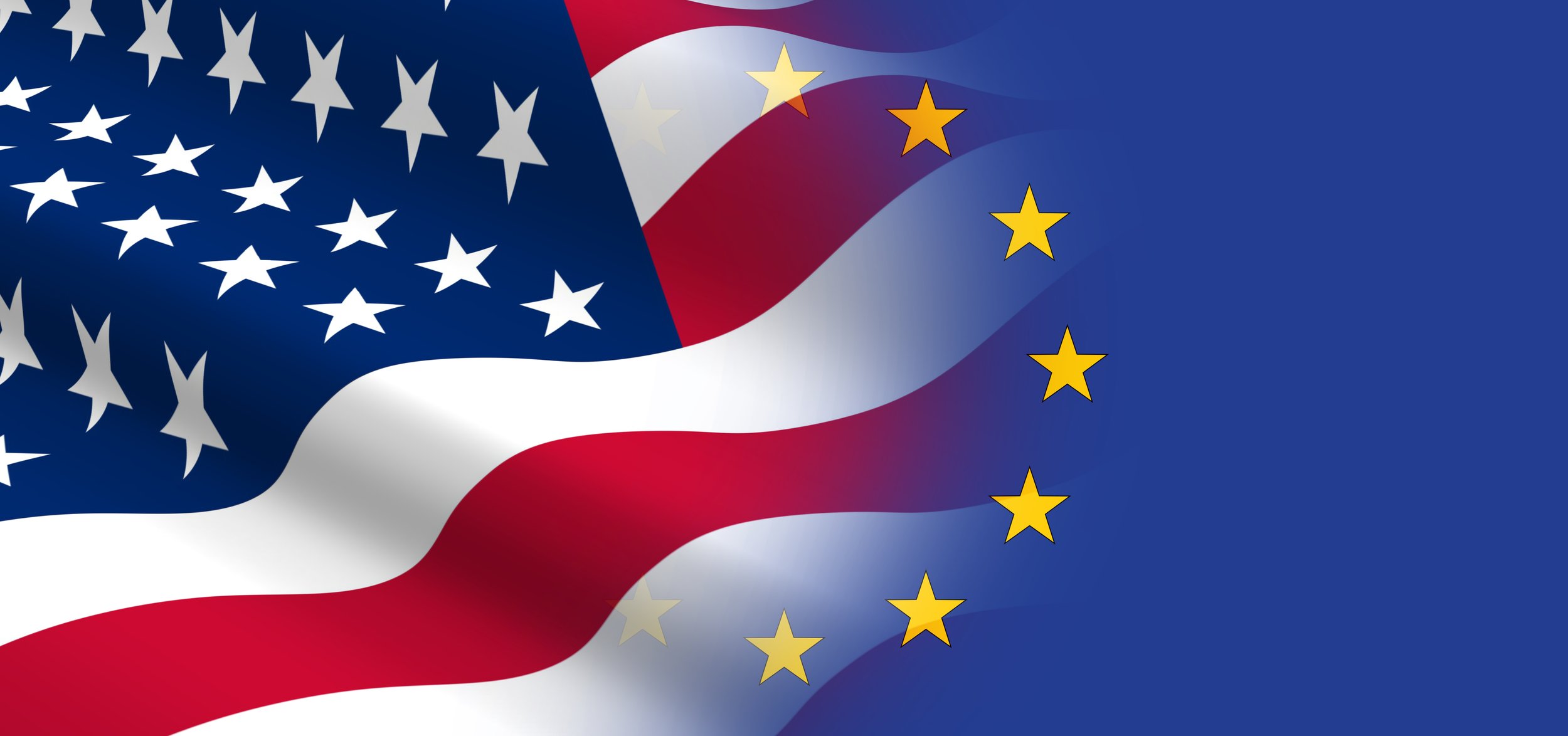Does better safety and security always lead to surveillance misuse?
No. 64: Bringing you the news that matters in video privacy and security
Globally, the universal theme is more cameras are the answer to better security and better safety. They do act as a deterrent, they do provide proof and the wearer has more confidence in their own actions. Video surveillance is undoubtedly a useful and valuable tool to many businesses and sectors - but is the potential of misuse scaling at the same rate that more cameras are being adopted?
France is considering a new Reform Bill that would allow law enforcement to tap suspects' digital devices in order to locate them - potentially without their consent or knowledge. Some argue that turning to 'surveillance techniques shouldn't be the answer to security issues' whilst others say that it is a way for a 'faster, clearer, modern justice'.
Meanwhile, food bank volunteers in Kent are planning to wear body-worn cameras due to incidents of abuse. In fact, many sectors are realising the huge upsides of body-worn cameras to protect staff.
To manage security efficiently, video is definitely a crucial, objective and valuable tool. But prioritising privacy in tandem with the necessity for safety has to be honoured to not risk the misuse of surveillance. Data laws are making positive strides - but putting privacy at the forefront of operational video practices should be a realised approach that allows for security, safety and privacy to balance and make each other stronger.
As always, please send any feedback or topics of interest you would like to be covered.
Seena, Editor
News
US Healthcare data breach affects 11 million
HCA Healthcare has confirmed a data breach affecting around 11 million patients. An unauthorised party obtained patient information used for email messages and made it available on an online forum. The breach included patient names, contact details, appointment information, and other non-clinical and non-payment data.
Tech Crunch: HCA Healthcare reports breach of 11 million patients’ personal data
Health IT Security: HCA Healthcare Suffers Data Breach, 11M Patients Impacted
France's new Reform Bill allows remote surveillance of suspected criminals' devices
French lawmakers have approved a Justice Reform Bill allowing law enforcement to remotely access the cameras, microphones, and location services of phones and internet-connected devices used by certain suspected criminals. The measure can be executed without the knowledge or consent of the device's owner or possessor.
The AP: Lawmakers approve bill allowing French police to locate suspects by tapping their devices
Met Police shared sensitive crime-reporting data with Facebook
The Metropolitan Police reportedly collected sensitive data about individuals reporting crimes through its website and shared it with Facebook for targeted advertising purposes. The data was obtained through a tracking tool called Meta Pixel and embedded in the Met's website.
The Guardian: Revealed: Metropolitan police shared sensitive data about crime victims with Facebook
Computing: Met Police website sent information about crime victims to Facebook
China finalises rules to regulate generative AI
Chinese regulators have finalised new rules governing AI. Taking effect on August 15th, generative AI services that are publicly available will require providers to obtain a license, conduct security assessments, and ensure user information security.
CNBC: China finalizes first-of-its-kind rules governing generative A.I. services like ChatGPT
CNN: China takes major step in regulating generative AI services like ChatGPT
Food bank volunteers to wear body-worn cameras to combat abuse
Food bank volunteers in Kent will begin wearing body-worn cameras due to incidents of abuse, including one volunteer being spat at. The food bank, which supports around 18,000 people monthly, made the decision to implement the cameras to protect staff and ensure their safety.
BBC: Food bank volunteers to wear body cameras after being spat at
AI Snippet of the Week
AI copies digital artist's work more times than Picasso
Artist Greg Rutkowski has had his name used as a prompt in AI tools more than 400,000 times - without his consent. This could have drastic changes to the industry, and Greg says that: 'I think my work and future are under a huge question mark'.
BBC News: AI: Digital artist's work copied more times than Picasso
Policy Updates
The EU-US data privacy framework is finalised
The EU and US have agreed on a final version of the EU-US data privacy framework that will support cross-border data transfers. It 'guarantees the fundamental right of Europeans for the protection of personal data and brings legal certainty for companies on both sides of the Atlantic'.
IAPP: EU, US officials welcome finalized EU-US Data Privacy Framework
Computing: EU agrees to reopen data transfers to the US, legal challenges imminent
To subscribe to our fortnightly newsletter, please click here
Thanks for reading, if you have any suggestions for topics or content that you want to see covered in future please drop a note to: info@secureredact.co.uk







